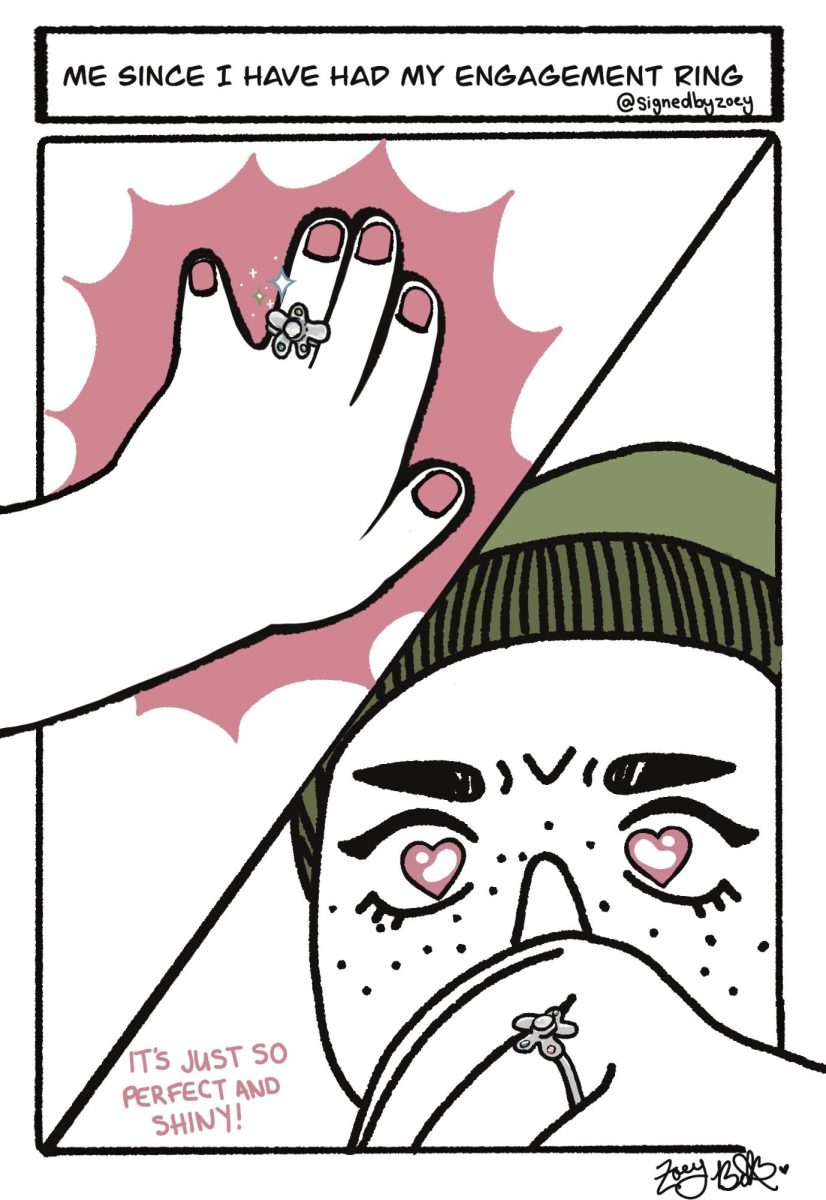How to save money on textbooks
Feb 3, 2018
Headline: How to save money on textbooks
Students at Grand Valley State University know its not cheap to buy textbooks. Coupled with tuition, room and board, and other expenses, textbooks can leave a big hole in students’ pockets. And, considering that many classes require textbooks that are subsequently rarely (if ever) used, it’s hard to justify spending a few hundred dollars on books every given semester. However, if you do your textbook shopping right, you can save yourself some extra money. See the list below for some money-saving tips.
1. Steer clear of the bookstore
While the bookstore is a good campus resource, it doesn’t offer the lowest prices around town. If your book is offered elsewhere, check around before you buy. GVSU even offers a price comparison tool online when you look up your textbooks, so you can search around to find the cheapest deal. A few good places to look would be Chegg, Amazon.com or even Brian’s Books, located directly off campus.
2. Rent
Renting textbooks is a much cheaper alternative to buying. The only downside is you can’t sell your textbook back at the end of the semester, but the price difference almost always makes it worth it. Renting books has become a very popular option for students over the last few years, and most online/in-store textbook stores offer this budget-conscious option, too. So, when in doubt, rent it out.
3. Go for online books
E-books, or books offered in an online format, are available at a much lower price than the physical text. Many online services have adapted to students’ needs: You are able to take notes, highlight and bookmark pages in most online books today. Chegg, Redshelf and Amazon.com are all services that offer e-textbooks. This makes it easier on students, too, who won’t need to lug around a heavy backpack full of books all day.
4. Share with a classmate
One way to save money is to share books with classmates. If you have a class with someone you know, it’s not a bad idea to go in on a book together. This only works in some cases, however, because it can be difficult to ensure everyone gets equal time with the book. Determine if this option is smart by looking at your syllabus; if you are going to be using the book throughout the week, it may not be a great choice. If you are only going to be consulting it once in a while, though, this may be the best option for you.
5. Buy used books
This is a great line of advice for saving money on textbooks. Unless you are purchasing a book that has an online code or a reason you absolutely need to purchase new, buy used. When people think of used books, they often conjure up images of torn pages and sloppy pen marks, but used books are frequently presented in good or even like-new condition. You may get lucky and buy a used book with some helpful annotations and strategic highlighting, too.






















